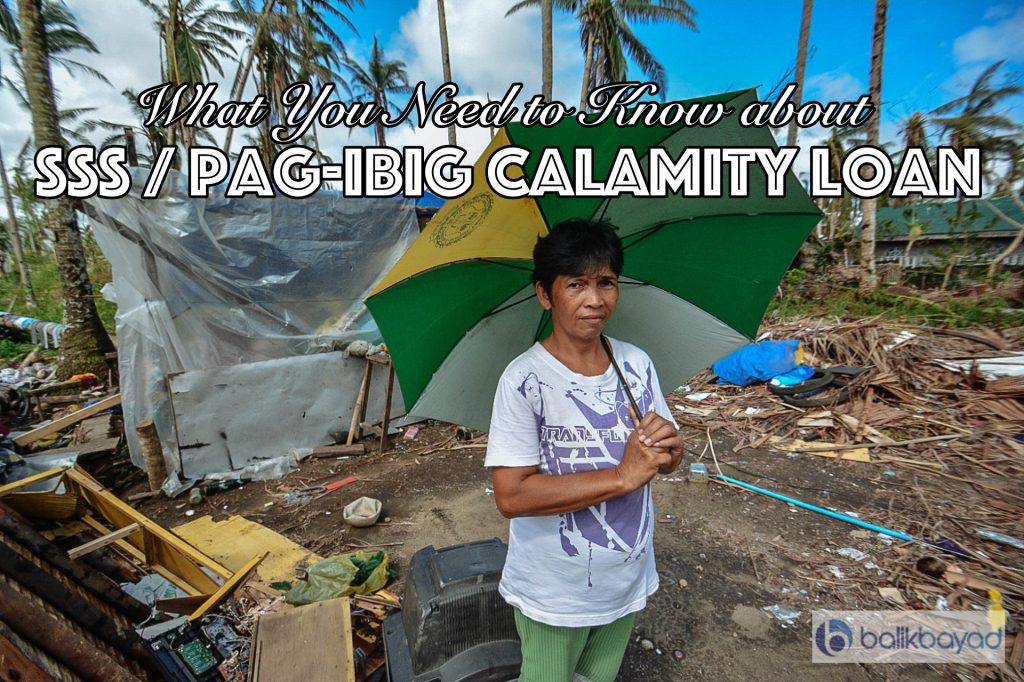Let’s face it: following the guidelines set forth by POEA before you can work overseas takes time – or months. Don’t even get started with direct hire workers because that is a different (and more complicated) ballgame.
Even if you submitted all the documents, there is no guarantee that you will get your Overseas Employment Certificate immediately so you can leave the country legally. This explains why many Filipinos opt to go “back door” so they could leave the country immediately, start working, and send dollars back home.
Unfortunately, there is a danger (or dangers) to that. Being an undocumented Overseas Filipino Worker means:
You will not be entitled to OFW benefits.
Tax-free shopping at Duty Free, exemption on travel tax and airport terminal fee, housing loan benefits, and benefits from OWWA. These are just some of the many things you can enjoy if you are a documented OFW, which you could take advantage from.
You may be exposed to harsh working conditions.
Being a documented worker means you have an existing employment contract that is in accordance to the labor laws between the two governments. If you are among those Filipinos who are TNT or tago ng tago, your protection when it comes working conditions is limited.
For instance, you might be asked to work longer hours or render service seven days a week. Your employer could be paying you less than what you agreed. Benefits like leave or medical assistance might not be given to you as well. Worse, you can’t complain because there is no contract that will serve as a guide for your employment.
You will have a hard time looking for a job.
It’s not just about harsh working conditions. Sometimes, you will have a hard time looking for a decent job because most employers will require you to present a valid working visa. Even if you found a job, you will still go back to possible harsh working conditions.
You only have limited channels to seek help with.
Being an undocumented worker in the country means you are not a law-abiding citizen. This also means you won’t be able to enjoy the benefits that could be experienced by workers who went through legitimate channels. This could put you in danger.
What does this mean? In case you were subjected to abuse or your employer is not complying with the employment terms set forth in the contract, there are few people who could help you. You can’t go to the police because you don’t have the required permit or visa to work in that country. The Philippine Embassy will help you, but they can only extend limited help because you are not covered by OWWA.
You are at a higher risk of being punished.
Foreign countries are very welcoming of Filipino workers because of skill, talent, and passion among others. Nonetheless, they prefer that you go there legally instead of opting for the back door.
If your status is compromised, there is a tendency of deportation, detention, or even being blacklisted in that country. You’re lucky if you were asked to go home immediately because some countries impose harsher punishments, which you don’t want to go through.
Worse, you put the Philippines in a bad light, which is something Filipinos don’t want because those who go overseas legally could be affected when there is this kind of impression.
You will “burden” the government.
Whatever you status is, you are still a Filipino citizen and the government will still take care of you. This means if you are asked by the host country to go home, the government will shoulder your repatriation costs including setting aside budget for food and rental spaces instead of assisting those who are truly distressed.
The bottom line is this: go legal. We know how hassle it would be for you because of the documents you need to submit and the time you have to wait before you can leave the country. What money cannot compensate for is the peace of mind that being a legal, documented worker will give you.

 According to the Philippine Embassy located in Amman, Jordan, there are at least 26,000 FIlipinos living and working in Jordan – and these numbers reflect the documented ones. There are still Filipinos who were unable to register with the embassy, which means the numbers could go higher.
According to the Philippine Embassy located in Amman, Jordan, there are at least 26,000 FIlipinos living and working in Jordan – and these numbers reflect the documented ones. There are still Filipinos who were unable to register with the embassy, which means the numbers could go higher. Last September 15, 2018, Northern Luzon were punished by Typhoon Ompong, the strongest typhoon to hit this year, thereby destroying houses, farmlands, public and private buildings and establishments, and even electric posts. While the typhoon lasted for only a day, it left thousands of displaced families and millions-worth of damages.
Last September 15, 2018, Northern Luzon were punished by Typhoon Ompong, the strongest typhoon to hit this year, thereby destroying houses, farmlands, public and private buildings and establishments, and even electric posts. While the typhoon lasted for only a day, it left thousands of displaced families and millions-worth of damages. In a previous post, we shared
In a previous post, we shared  Admit it. You dreamed of going to Italy the moment you saw the movie Milan starring Piolo Pascual and Claudine Barretto. After all, who wouldn’t fall in love with the beautiful sceneries and tourist spots featured in the movie?
Admit it. You dreamed of going to Italy the moment you saw the movie Milan starring Piolo Pascual and Claudine Barretto. After all, who wouldn’t fall in love with the beautiful sceneries and tourist spots featured in the movie? You’ve been working hard overseas. What do you plan to do with your hard-earned money?
You’ve been working hard overseas. What do you plan to do with your hard-earned money?